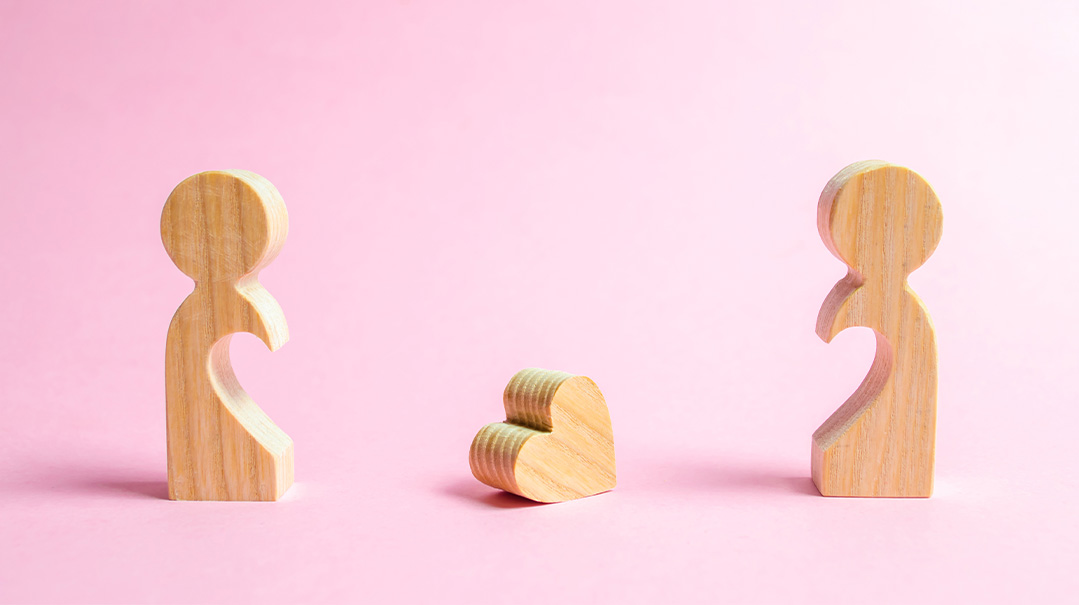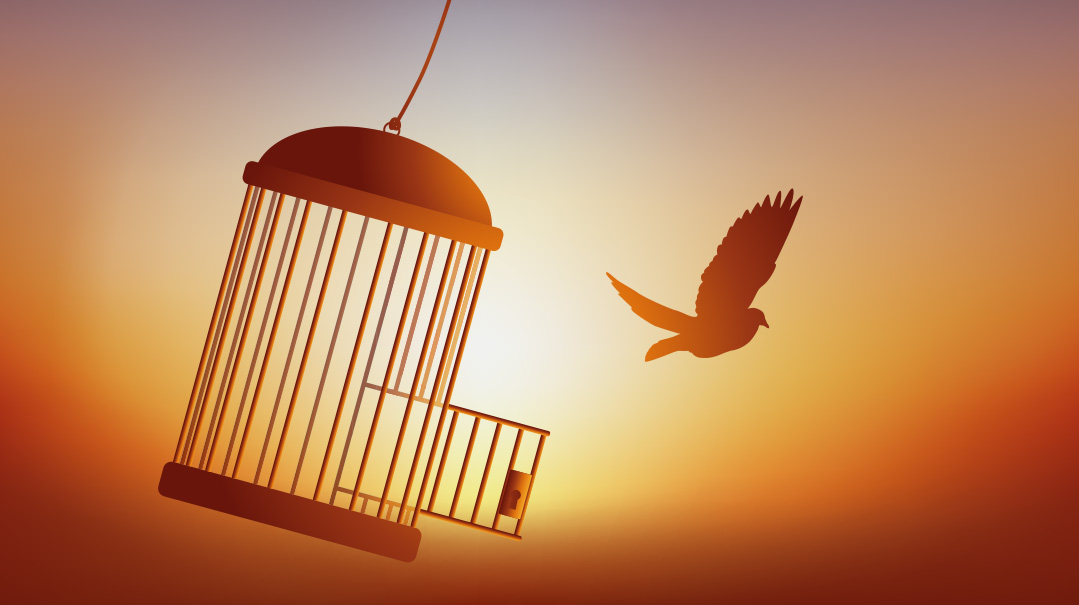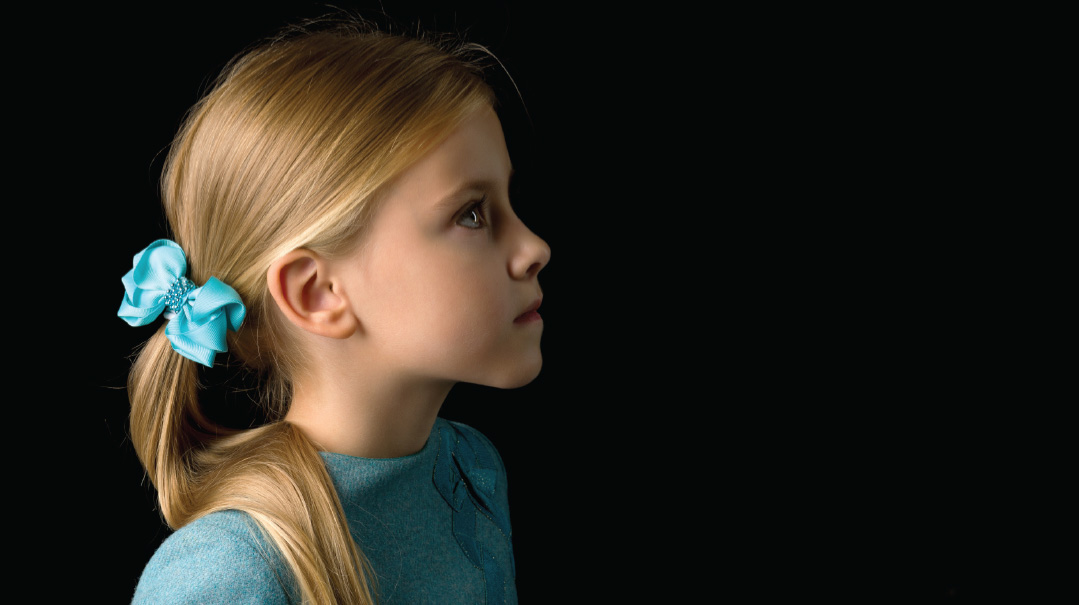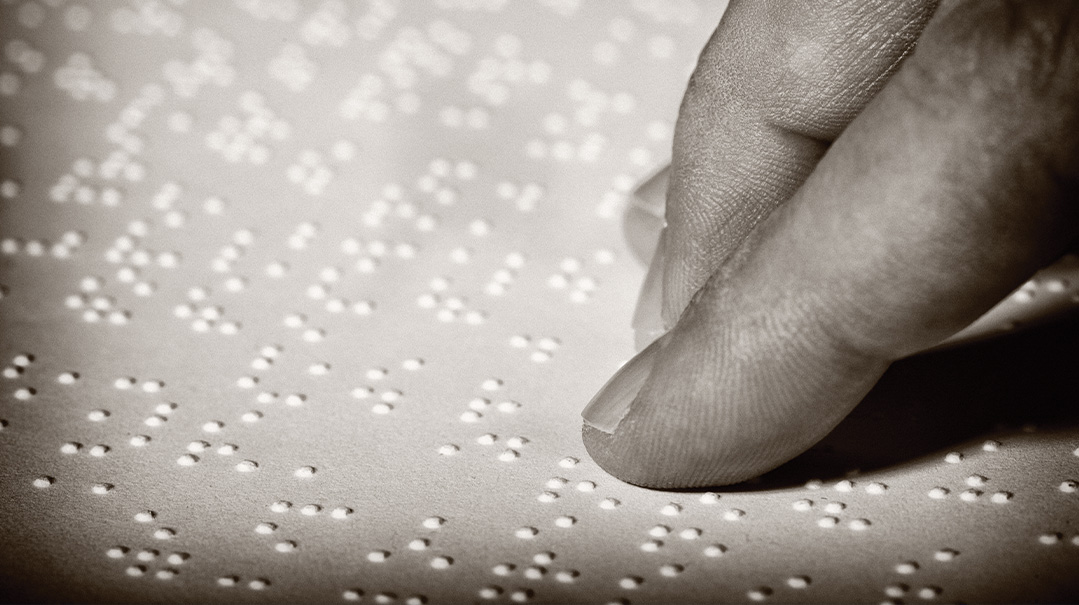Mali & Me

The shock of Mali’s revelation hit me hard, and the next two or three days were painful and strained

As told to Devorah Grant
When Mali moved to my school in the middle of seventh grade, things changed. Mali’s family life was challenging: After her parents divorced, Mali and her siblings moved in with her father, and Mali’s older sister stepped in as the mother of the family, creating a complex home situation. Still, despite our background differences, Mali and I instantly connected, excitedly discovering the many things we had in common and building a bond that got stronger every day. Before long, we were speaking on the phone daily, learning together for every test, and spending most of our spare time in each other’s company.
Mali was different from my other classmates. She was warm, open, and vocal about her emotions, confiding in me about her life and encouraging me to do the same. Our relationship strengthened over hours of intense conversation, and as time moved on, all other friends and classmates paled into oblivion as we spoke, shared, and cared. The power of our relationship was so strong it was often hard to tell whose opinion was whose: If Mali hated a teacher, I found myself thinking badly of the teacher, too, and the same with classmates, clothes, and life in general. We influenced each other’s thinking, and often marveled at the similarity of our opinions.
My mother wasn’t so comfortable about this relationship, and tried to convince me that it wasn’t great how much time we were spending together. I didn’t have the headspace to hear it. Other people also began to comment on the unhealthy dynamic between us, but by then we were too close to be pulled apart by other people’s words. One day, we broke a serious school rule, and were summoned to the principal.
I stood in that tiny office, scared and confused as the principal told us both that our relationship was an issue and we needed to separate from each other. She showed us how our unhealthy influence on each other played a huge part in our breaking such a serious rule, and told us we needed space to make our own decisions, apart.
But we couldn’t hear her.
Instead of separating us, the whole incident brought Mali and me closer, as we endlessly discussed the event and the punishment, and supported each other through our horrible feelings of having messed up.
Oops! We could not locate your form.







